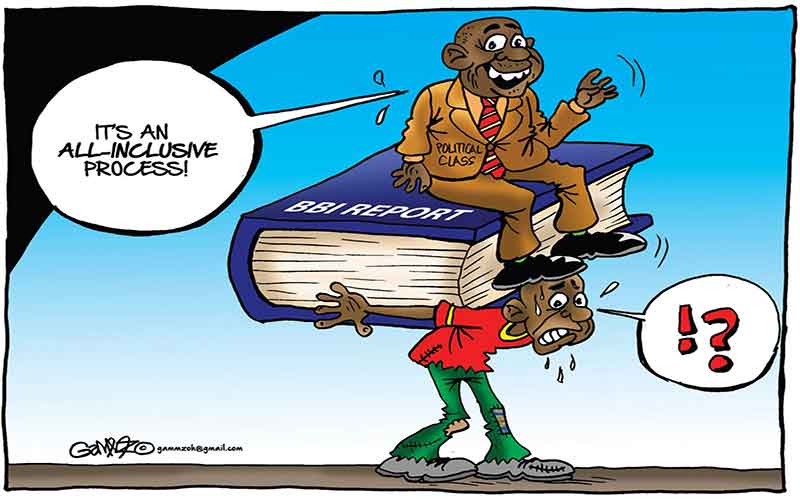×
The Standard e-Paper
Fearless, Trusted News

History is full of lessons for modern-day society. What we do with them is entirely up to us, for better or worse. Appeasement was Europe’s policy towards Germany after World War I (1914 – 1918). The policy was especially in its element in the 1930s. After the terrible killings of World War I, Europe was ready to give anything for “peace.” She was rewarded with World War II.